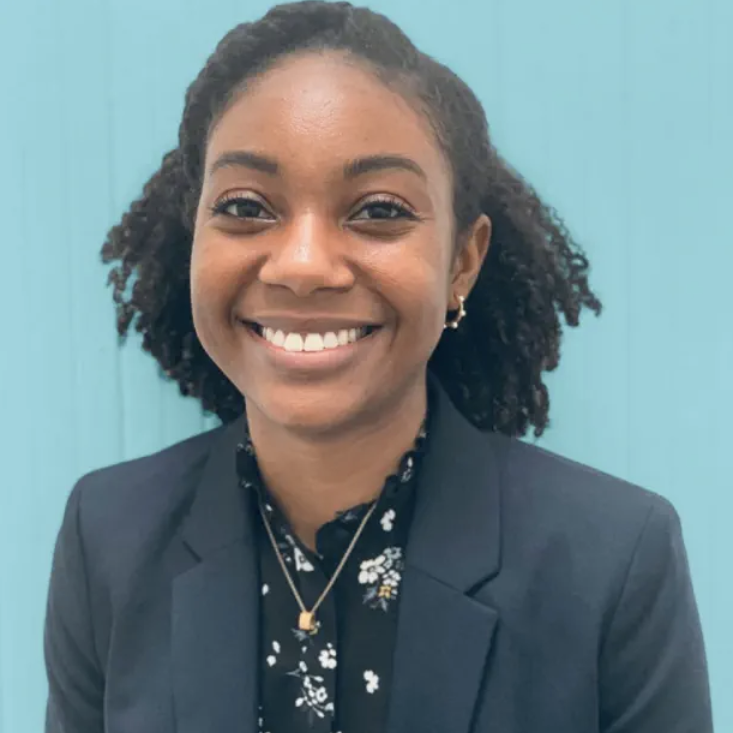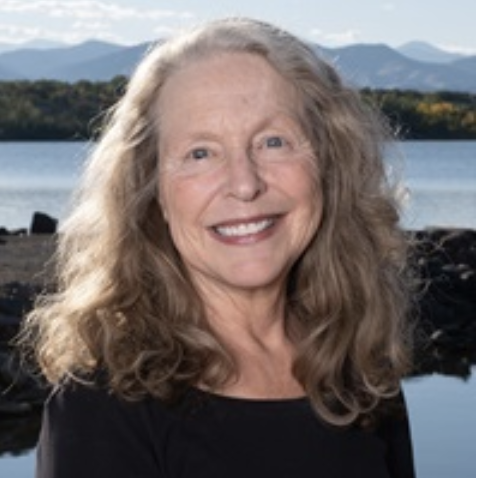Scientific findings can inform stronger policies that protect public health — which sometimes negatively impacts profits of companies that produce health-harming chemicals and products.
Industry intimidation of researchers who explore the impact of exposure to chemicals and other substances on human health is a longstanding problem. When Dr. Herbert Needleman found his credibility under fire after publishing data linking children’s lead exposure to lower IQs in the early 1980s, he offered this advice to early career environmental health scientists:
“Do not avoid difficult areas of investigation. Take risks. If scientists exclusively choose the safe routes, avoid controversial research problems, and play only minor variations of someone else’s themes, they voluntarily turn themselves into technicians. Our craft will indeed be in peril.”
At a time when strong, independent science is more important than ever, corporations are ramping up attacks on scientists in the environmental health field. In this CHE Café conversation, Dr. Lisa Bero and Dr. Lariah Edwards shared their own stories of industry intimidation, and reflected on steps needed to protect researchers and maintain scientific integrity.
CHE Director Kristin Schafer moderated the discussion.
Featured Speakers

Lariah Edwards, PhD is an Associate Research Scientist at the Department of Environmental Health Sciences at Columbia University’s Mailman School of Public Health. She is also an alumna Fellow and current Assistant Director of Agents of Change in Environmental Justice. Dr. Edwards’ research focuses on understanding the health effects of and addressing exposure disparities to hormone-altering chemicals commonly found in consumer and personal care products. As part of this work, she collaborates with WE ACT for Environmental Justice on its campaign that seeks to educate consumers about the dangers of toxic beauty products. Dr. Edwards also draws on her experience in the areas of chemical policy and regulatory applications and science communication, as she feels addressing exposure disparities requires a multidisciplinary approach.

Lisa Bero, PhD is a Chief Scientist at the Center for Bioethics and Humanities at Colorado University. She is a leader in evidence synthesis, meta-research and studying commercial determinants of health, focusing on tobacco control, pharmaceutical policy, and public health. She provides international leadership for multidisciplinary teams studying the quality, use and implementation of research for health and health policy. Dr. Bero has developed and validated qualitative and quantitative methods for assessing bias in the design, conduct and dissemination of research. She has pioneered the utilization of internal industry documents and transparency databases to understand corporate tactics and motives for influencing research evidence. She is internationally recognized for her work and serves on national and international guidelines committees such as US National Academies of Science Committees and the World Health Organization Essential Medicines.
This CHE Café was co-hosted with The New School at Commonweal and UC San Francisco’s Science Action Network.
